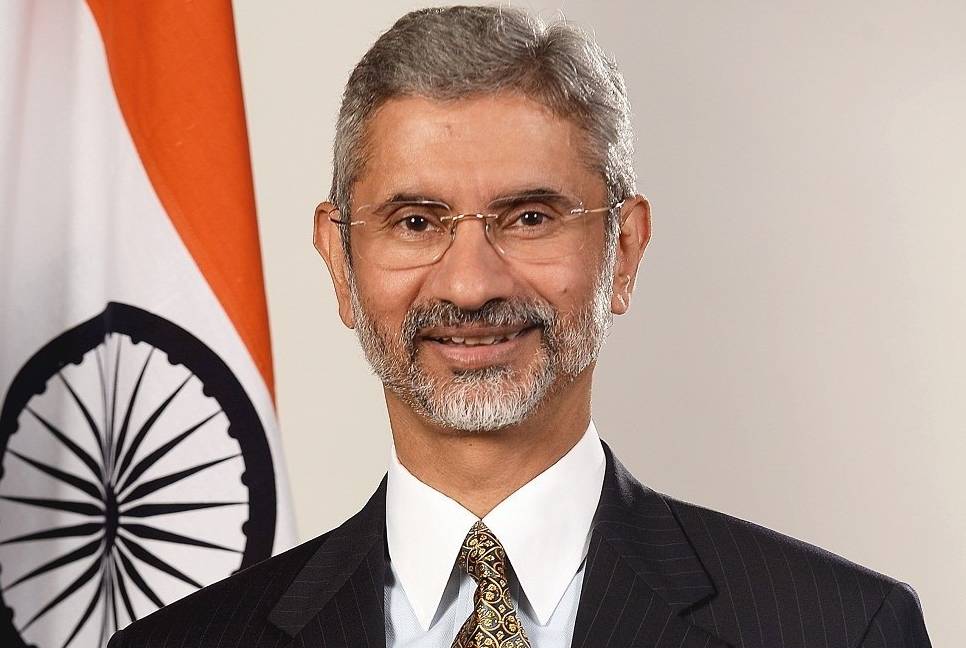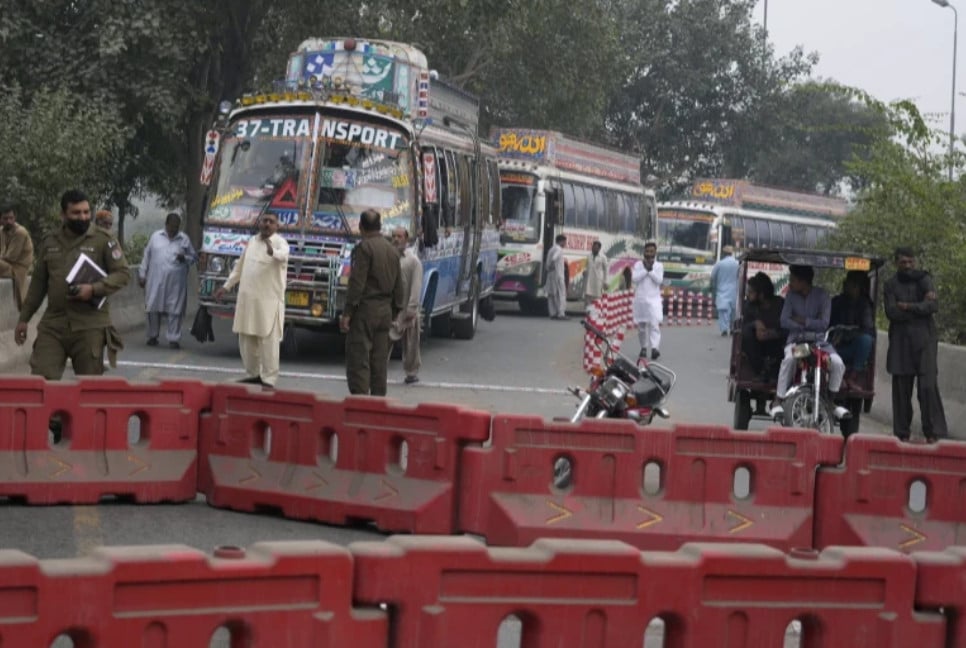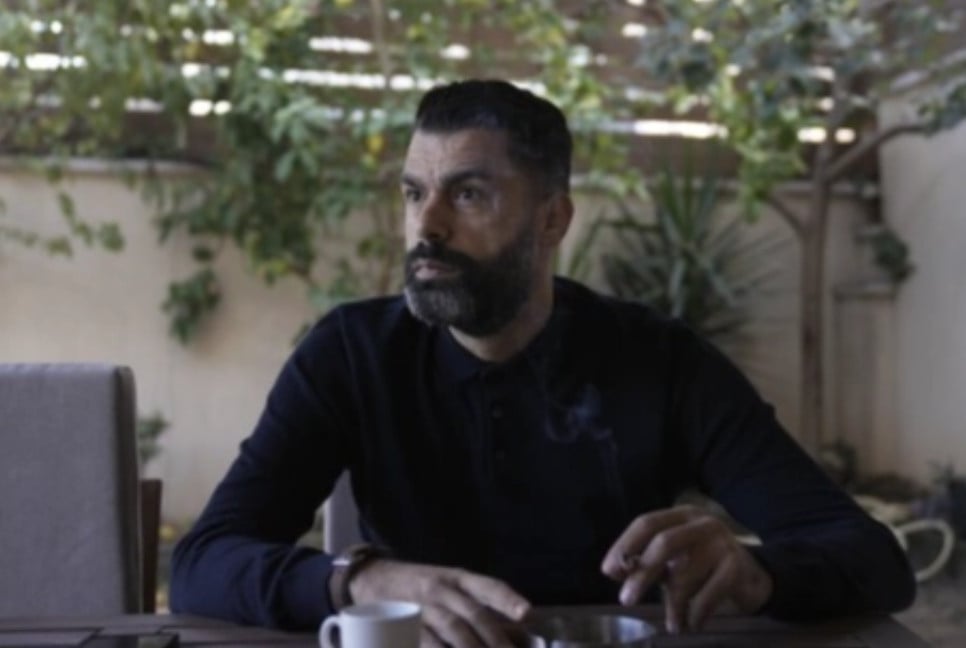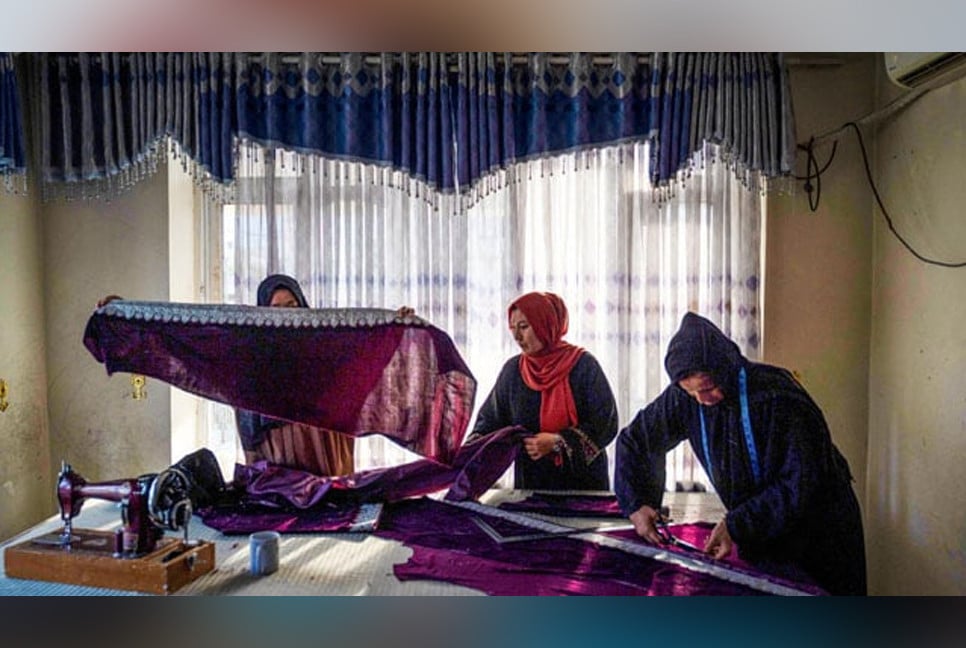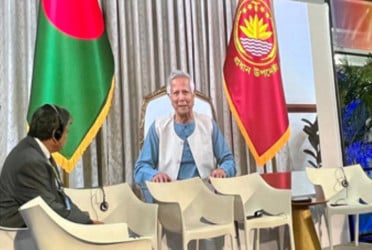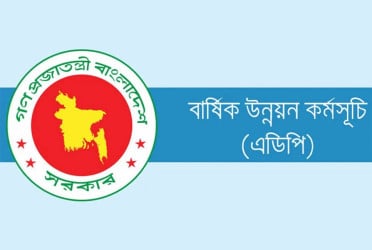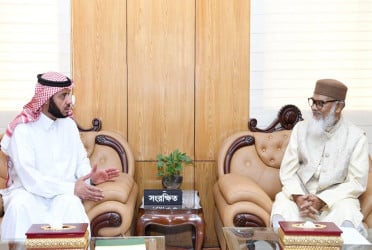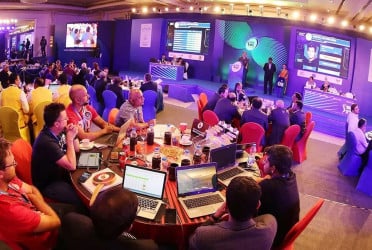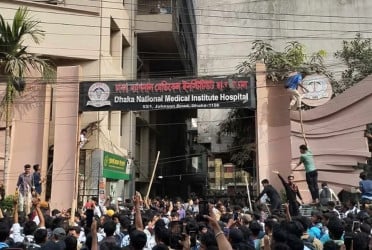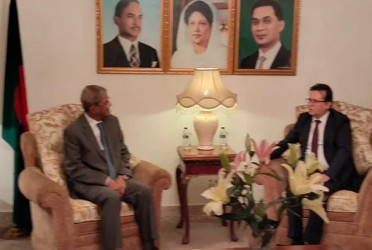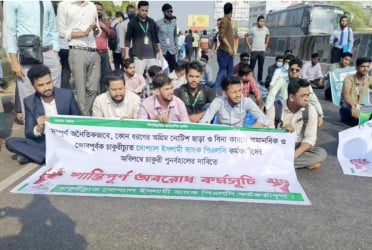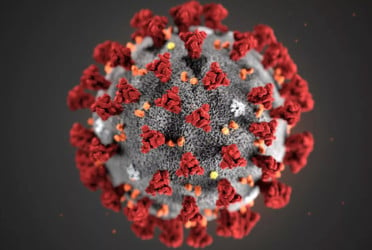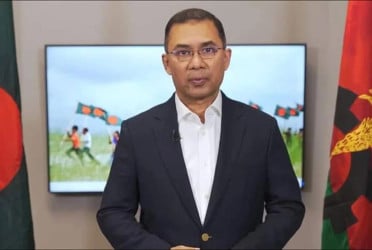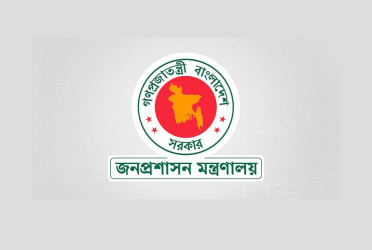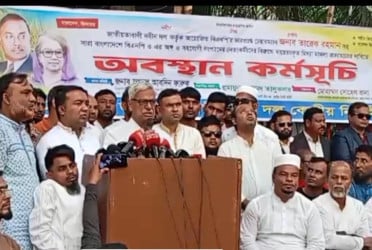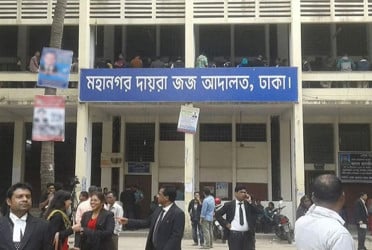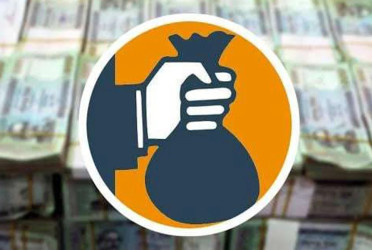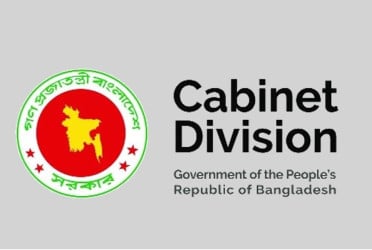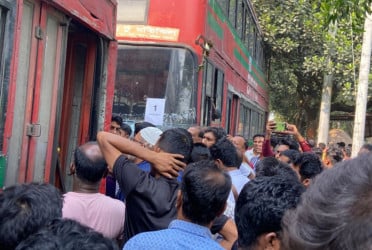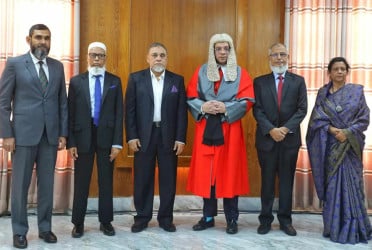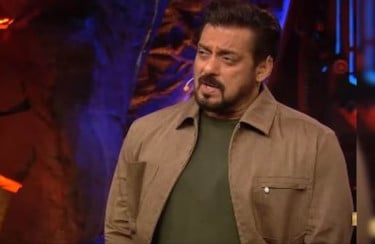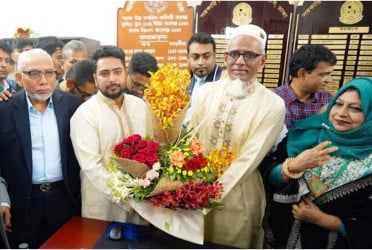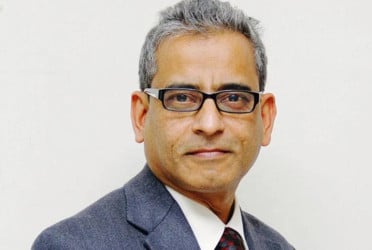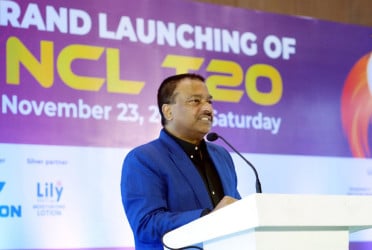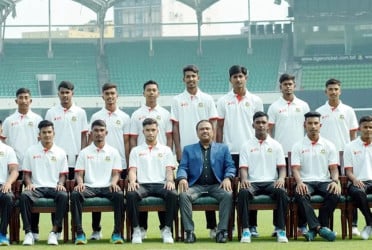India has said managing its relations with its South Asian neighbours “are not easy to manage” and that it is prepared to face competition from other countries for influence in the region.
Taking part in an interactive session with a think-tank in New Delhi on Friday, Indian External Affairs Minister Subramanyan Jaishankar said, “We recognise today that given our history, given the sise of the neighbours, given the sociology of our neighbours and of ourselves, that these are not easy relationships to manage.”
Jaishankar made the remarks while replying to a question after delivering the Jasjit Singh Memorial Lecture at the Centre for Airpower Studies (CAPS) on Friday, Daily Sun reports.
He turned to “political ups and downs "with many of India's neighbours, adding these are “realities” that need to be accepted.
“From time-to-time, we are challenged. There have been occasions in some of our neighbours when we (India) have become a political issue,” he added.
To a question on India's neighbourhood first policy, the Indian foreign minister cited examples of successful collaborative approaches and said the aim was to economically bring the neighbours much closer.”
He specifically mentioned India's assistance to various countries in the neighbourhood during the Covid-19 pandemic as well as its support to Sri Lanka when it was reeling under an economic crisis.
Asked about China’s expanding presence in South Asia, Jaishankar said, “So, you know the neighbourhoods for any country, especially for big countries, will never be easy. But neighbourhoods need hard work and frankly, given some other neighbours that we have and they have, the neighbourhood will also be very competitive,” he added.
“There’s no point moaning and groaning about it. I think if we have a competition, we need to compete and that's really what we are trying to do,” Jaishankar said.
The Indian foreign minister said, "So at least in our neighbourhood, we have shown that we have the ability to stand up, to push our interests, to compete against other countries, and often I would say we resource them and outperformed them. So I think we have a very solid record of that," he said.
bd-pratidin/GR

